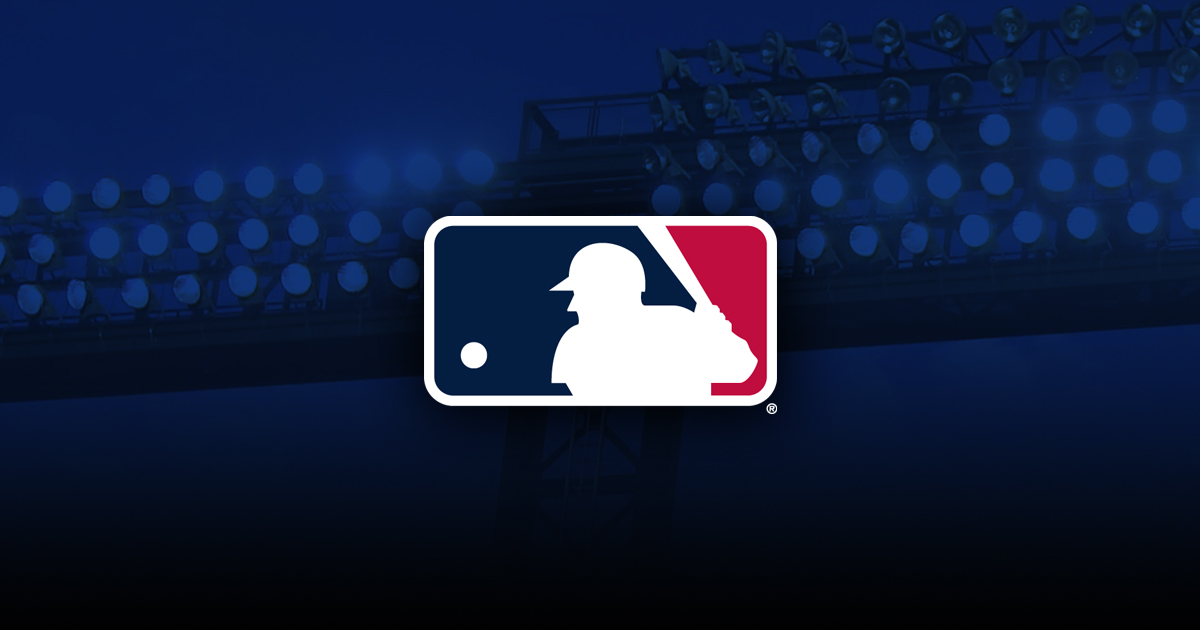WASHINGTON — Just a few minutes into Thursday’s congressional hearing on college sports, a Democrat member accused her Republican colleagues of secretly drafting the legislation, intentionally cutting out members of her party and not properly giving public notification of the hearing.
Seconds later, another member put aside college sports talk to discuss how President Donald Trump, he says, is “trying to destroy American higher education.”
Advertisement
And a third sitting committee member, very flatly, described her feelings on legislation that would grant the NCAA and power conferences liability protection: “This is something I cannot support.”
If anyone thought the approval of the House settlement would result in a newfound focus and agreement among lawmakers over a federal college sports bill, think again.
“I just want to get this straight,” began Lori Trahan, a Democrat from Massachusetts and a former college volleyball player, “this committee is considering a bill that would constrain or roll back athlete rights, block further progress and give them little in return?”
Strong push — and pushback — to get to a House vote
Thursday’s near two-and-a-half hour hearing before a House Commerce subcommittee signaled, quite clearly, that a bipartisan resolution over congressional legislation may still be leagues away — despite the passage of a landmark settlement ushering in the age of athlete revenue sharing within college sports.
Advertisement
In fact, Democrat members of this committee — the one that controls the future of any college sports bill in the House — launched criticisms toward the settlement itself. They don’t, for instance, like the cap on athlete compensation (the settlement comes with an annual rev-share spending max per school). And they don’t like the new enforcement entity (it stands to make athletes ineligible if third-party NIL deals are rejected by a new clearinghouse).
“I have some concerns with the current iteration of this bill as well as some provisions of the settlement,” said Yvette Clarke, a Democrat from New York. “I am extremely hesitant to grant any kind of liability limit on antitrust exemptions at this stage given that antitrust lawsuits are the driving factor in bringing about this long overdue era of fair compensation for college athletes.”
And then, nearly two hours into the hearing, Clarke voiced publicly what so many inside and outside college athletics believe to be a solution. “There needs to be some kind of legitimate collective bargaining between college athletes and the NCAA and its member institutions,” she said.
Despite Democrat pushback Thursday, Gus Bilirakis (R-Fla.), the chair of this House Commerce subcommittee, plans to soon introduce his bill, a draft of which was socialized last week and was at the center of the hearing. The bill mostly grants the NCAA and power conference all of their requests for federal legislation: (1) preempts state NIL laws; (2) grants limited protection to enforce rules by codifying the settlement terms; and (3) deems college athletes as students and not employees.
Advertisement
After the hearing, Bilirakis told Yahoo Sports that he is open to considering suggestions from Democrats on changing portions of the draft. He is in the process of attempting to find a Democrat co-sponsor for the legislation, and he will now begin negotiating with members of two other House committees — Judiciary and Ed/Workforce — to attempt to reach bipartisan agreement that seems, if not impossible, improbable.
Either way, a bill is coming.
“We’re almost there, but I know we can make some tweaks that could improve the bill,” Bilirakis said. “We are close to filing the bill and getting it to markups.”
But what then?
'Intentionally vague' future in college sports
Because of the Republican majority in the House, the bill, even without Democrat support, could work its way out of committee and onto the floor, where a vote along party lines may see it approved and then shipped to the Senate for a similar process.
Advertisement
However, despite a Republican majority in the Senate, legislation there faces a much more difficult path because of filibuster rules. Without 60 senators voting for the bill — that includes seven Democrats or independents — it is subject to delay.
If Thursday’s hearing is any indication, Democrats believe that this legislation grants the NCAA and conferences too much antitrust protection and “halts” progress made by athletes over compensation.
A similar draft of a bill exists in the Senate from Ted Cruz, a Republican from Texas who has spearheaded negotiations over a college sports bill in that chamber. Five senators — three Democrats and two Republicans — have held regular in-person gatherings over legislation since March. No agreement has been reached, but Cruz, like Bilirakis, seems determined to introduce a bill soon.
The hurdles in reaching an agreement include (1) the breadth of liability protection and to which entity to grant those powers; (2) the anti-employment clause and its duration; and (3) long-term medical and healthcare support for athletes.
Advertisement
One thing is becoming abundantly clear: Without federal legislation, the NCAA and power conferences fear that the stream of legal challenges against its rules will continue, even within the House settlement structure.
The settlement leaves college sports’ future “intentionally vague,” described South Carolina Republican Russell Fry. But does this bill “go too far?” he asked aloud. “You don’t want to go too far and create more problems than you solve.”
One of the big problems, lawmakers and college stakeholders say, is the unlimited amount of transfers within the industry — something that evolved into a leading discussion point in Thursday’s hearing.
One witness in the hearing, William King, the SEC’s associate commissioner for legal affairs, told lawmakers that officials need federal legislation to “regulate transfers” — something that even some Democrats agree with. While new revenue-share contracts struck between schools and athletes are expected to limit movement, the contracts are not employment deals, thus many are questioning their enforceability.
Advertisement
“I thought it was crazy that kids were transferring during the NCAA tournament,” said Democrat Marc Veasey of Texas.
However, later on, Veasey said that pro-NCAA legislation such as this turns back college sports to a past without athlete compensation and other benefits.
“The past,” said Veasey, “was jacked up.”
The Republicans fired back.
“We are not here to micromanage college sports,” Bilirakis said. “We are here to strengthen it.”
Few across the aisle see it that way. In fact, Trahan took issue with the new enforcement entity, the College Sports Commission, and the NIL clearinghouse, “NIL Go,” that is expected to review third-party athlete NIL deals to determine if they are “real NIL and not pay-for-play,” as King described Thursday.
Advertisement
“This bill rewrites [the NIL] process to guarantee people in power always win and the athletes who fuel this multi-billion dollar industry always lose,” Trahan deadpanned.
NCAA keeps stacking up wins over eligibility
One of the issues not seriously raised Thursday: a player’s eligibility, a concept that has been at the center of lawsuits from players requesting additional years of competition.
In fact, as the hearing began, the NCAA got good news from a state that, lately, has become a thorn in its collective side. A Tennessee judge denied a preliminary injunction in the eligibility case brought by Vols basketball player Zakai Zeigler, who, despite exhausting his eligibility, filed suit challenging the NCAA rules granting athletes four competition seasons over five years.
Advertisement
The NCAA has now won 17 of 20 injunction decisions in eligibility cases in the past year, and the organization is appealing the three it did not win. NCAA president Charlie Baker told Yahoo Sports this week that he “believes we will win those three” on appeal.
Meanwhile, on Capitol Hill, the argument for a college sports bill marches onward. Despite the House settlement’s approval, disagreements linger and divide exists.
What now? More talk, perhaps even more hearings and, maybe weeks from now, the introduction of legislation that may or may not go anywhere.







 English (US) ·
English (US) ·